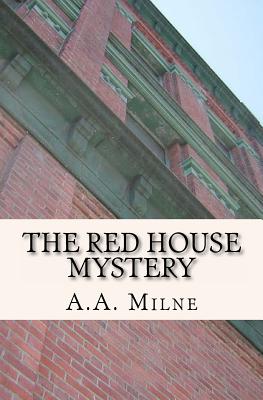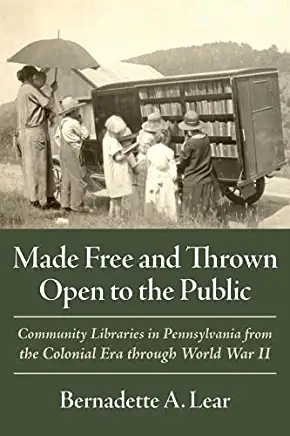
description
9The Pulitzer Prize-winning tragedy of a salesman's deferred American dream, presented here with enlightening commentary and criticism Willy Loman, the protagonist of Death of a Salesman, has spent his life following the American way, living out his belief in salesmanship as a way to reinvent himself. But somehow the riches and respect he covets have eluded him. At age 63, he searches for the moment his life took a wrong turn, the moment of betrayal that undermined his relationship with his wife and destroyed his relationship with Biff, the son in whom he invested his faith. Willy lives in a fragile world of elaborate excuses and daydreams, conflating past and present in a desperate attempt to make sense of himself and of a world that once promised so much. Since it was first performed in 1949, Arthur Miller's Pulitzer Prize-winning drama about the tragic shortcomings of an American dreamer has been recognized as a milestone of the theater. This Viking Critical Library edition of Death of a Salesman contains the complete text of the play, typescript facsimiles, and extensive critical and contextual material including:
- Conflicting reviews about its opening night by Robert Garland, Harold Clurman, Eleanor Clark, and others
- Five articles by Miller on his play, including Tragedy and the Common Man and his Introduction to Collected Plays
- Critical essays by John Gassner, Ivor Brown, Joseph A. Hynes, and others
- General essays on Miller by William Weigand, Allan Seager, and others
- Analogous works by Eudora Welty, Walter D. Moody, Tennessee Williams, and Irwin Shaw
- The stage designer's account, presented in selections from Designing for the Theatre by Jo Mielziner
- An in-depth introduction by the editor, a chronology, a list of topics for discussion and papers, and a bibliography
member goods
No member items were found under this heading.
Return Policy
All sales are final
Shipping
No special shipping considerations available.
Shipping fees determined at checkout.







